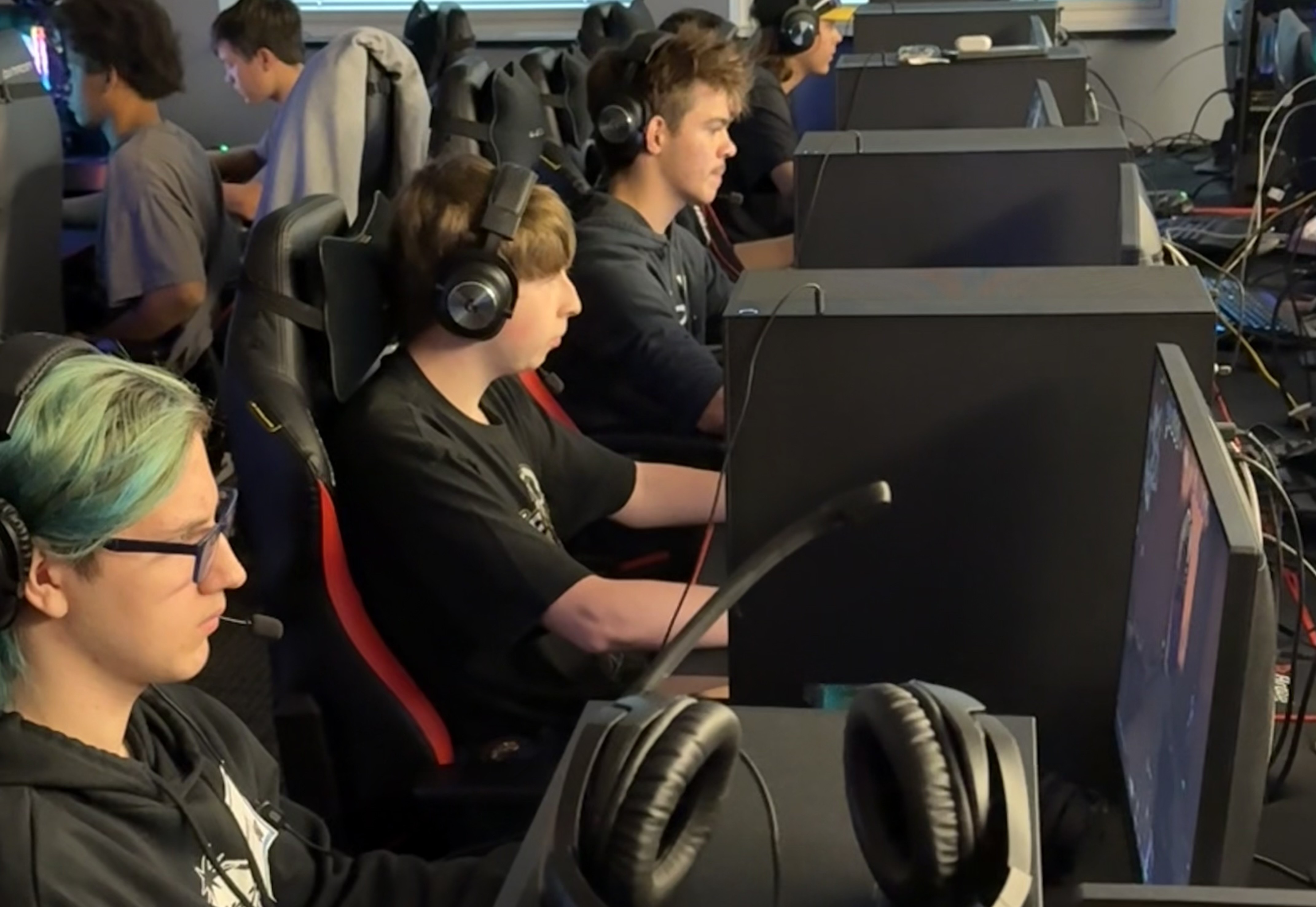Connected Educator Month, Part 3: Guest Post by Becky Bair
Connected Educator Month - How do I Start?
Throughout the summer I have the opportunity to participate in several webinars designed to introduce people to the importance of connected learning. Some of these are sessions scheduled specifically for Connected Educators Month while others are part of PLP's ongoing program. No matter why the sessions were scheduled, I've started to notice that there are two questions that pop up in every single discussion. Since I see these same questions on Twitter and hear them when I talk with my coworkers about the learning I'm doing online I thought it would be a good idea to talk about them a little bit.
Question One: How in the world do you get started?
Getting start is the challenging part because there is just SO MUCH STUFF out there. There are so many tools you can use, so many places you can visit, so many events you can attend that one can get overwhelmed and give up very quickly. Even I get overwhelmed sometimes by the sheer amount of possibilities out there. So where does somebody who's trying to get connected start? My answer is pick one tool, become familiar with it, see how you can grow and learn by using that tool, and then go from there.
For me that tool was Twitter. Why did I pick Twitter? Honestly? I was scared and it seemed easy. I didn't really think I would have much to say or that anybody would listen to me even if I thought I did! But what harm could I do setting up a Twitter account and following people who were knowledgeable and had great things to teach me?? By getting on Twitter and starting to follow a few people, I could hide in the shadows (lurking is what connected people call it), see how people did this whole Twitter thing, read links that I thought were interesting, and maybe send out my own Tweet. Scary, yes, but I was limited to 140 characters so it seemed much more manageable than writing a blog.
I appreciated Twitter because it gave me the courage to sharing my ideas, it connected (and continues to connect) me with a pretty incredible group of amazing teachers, and it made me realize that if I really wanted to learn and grow I needed to take the next step and starting blogging and commenting on other's blogs. 140 characters just wasn't enough! So Twitter worked for me. It may not work for you - you have to find the tool that fits you and your needs. If you think Twitter is the tool you want to use, you can get on PLP's mailing list and get a Twitter handbook. Not interested in being on the mailing list? Then Jerry Blumengarten's page might be the resource for you. Or you may find the tool that WILL work for you in Jerry's vast set of resources.
Question Two: Where do you get the time to do all of this?
While most people think that teachers work from 8 - 3:30 and have their evenings, weekends, and summers off, you and I know differently. Time is probably more precious to teachers than any other resource, and it's often challenging to see how you might fit one more thing into an extremely busy schedule. Work, planning, grading, and other job responsibilities take up more than our contracted work days. Kids, families, home responsibilities take up another large part of our day. And, every now and then, we'd all like the chance to pursue some of our own interests: exercising, cooking, gardening... insert whatever you'd like to do right here.
So how does a connected learner balance being a teacher, a learner, a family person and honoring his or her own personal interests? I go back to my first suggestion: pick one tool. Chances are that the one tool you pick to start is going to provide you with plenty to keep you busy so there's no sense overwhelming yourself.
Tools and ideas to transform education. Sign up below.
Once you pick that one tool, start with 15 minutes a day. Maybe you check out your Twitter feed while you're eating breakfast in the morning or look at your RSS feed while you're on the treadmill. Or perhaps that show that you *thought* you loved really isn't that great any more, and you have an extra 30 minutes to spend browsing through tags in Diigo. During the summer, breakfast time is my time to see what's going on, and I often catch up in the evenings, too. When school is in session I make Saturday or Sunday morning my learning time, and squeeze in little times here and there as I can throughout the week.
My guess is that pretty soon you will start to see the value of being a connected educator, and you'll make more time in your day to add a new tool, follow more people, or get involved in more conversations. But don't think you have to be connected all of the time. Yep - you might miss something if you don't get online for a day or two or a week, but there will be just as much good stuff when you come back. And if something is THAT great, it will get passed around so you'll have a chance to see it when you do have time.
If you're just getting started as a connected educator, be prepared for an amazing journey. But don't feel like you have to gear up and climb Mt. Everest right now because that will only frustrate you and cause you to give up. Take a little bit of time each day, learn a new tool, and try one or two new things. Eventually you'll be ready to scale that mountain, and it will probably be sooner than you expected!
Read more of Becky's work on her BLOG.
